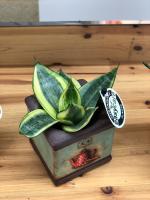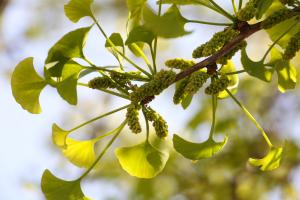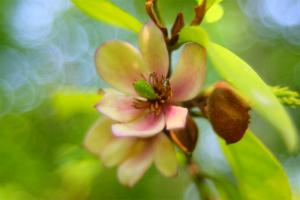Introduction
In recent years, banana peels have become a popular fertilizer among organic gardeners. Many gardeners believe that banana peels can nourish plants, improve soil health, and promote healthy growth. However, some people are skeptical about the benefits of using banana peels in the garden. In this article, we will explore the question "is banana good for plants" and examine the scientific evidence behind the use of banana peels as a fertilizer.
The Nutrients in Banana Peels
Banana peels contain many nutrients that are essential for plant growth. These include potassium, phosphorus, calcium, magnesium, sulfur, and sodium. Potassium is especially abundant in banana peels, with up to 42% by dry weight. In addition to these main nutrients, banana peels also contain trace amounts of zinc, iron, copper, and manganese. The nutrients in banana peels are released slowly over time, providing plants with a steady source of nutrition.
The Benefits of Using Banana Peels in the Garden
There are several benefits to using banana peels as a fertilizer in the garden. Firstly, banana peels are a natural and organic source of nutrients. This means that they are environmentally-friendly and reduce the need for synthetic fertilizers. Secondly, banana peels are readily available and inexpensive, making them an affordable option for gardeners. Lastly, banana peels can improve the soil structure and help to retain moisture, providing a healthy growing environment for plants.
How to Use Banana Peels in the Garden
There are several ways to use banana peels as a fertilizer in the garden. One common method is to cut up banana peels into small pieces and bury them around the base of plants. Another method is to make a banana peel tea by soaking chopped banana peels in water for several days, then using the resulting liquid to water plants. The nutrients in the banana peel tea will be absorbed by the plant roots. Alternatively, banana peels can be added to the compost pile to help speed up the composting process.
The Drawbacks of Using Banana Peels in the Garden
While banana peels have many benefits as a fertilizer, there are also some potential drawbacks to consider. Firstly, banana peels are slow to decompose, which means that they may take longer to release their nutrients than some other organic fertilizers. Secondly, banana peels can attract pests such as fruit flies and ants, which may be a nuisance in the garden. Lastly, banana peels are high in potassium and may cause a buildup of this nutrient in the soil if used excessively.
Conclusion
In conclusion, banana peels can be a beneficial fertilizer for plants, providing them with essential nutrients and promoting healthy growth. While there are some potential drawbacks to using banana peels in the garden, these can be minimized by using them in moderation and using proper disposal methods to avoid attracting pests. Overall, banana peels are a natural and sustainable option for gardeners looking to improve soil health and nourish their plants.

 how many times do yo...
how many times do yo... how many planted tre...
how many planted tre... how many pine trees ...
how many pine trees ... how many pecan trees...
how many pecan trees... how many plants comp...
how many plants comp... how many plants can ...
how many plants can ... how many plants and ...
how many plants and ... how many pepper plan...
how many pepper plan...






























